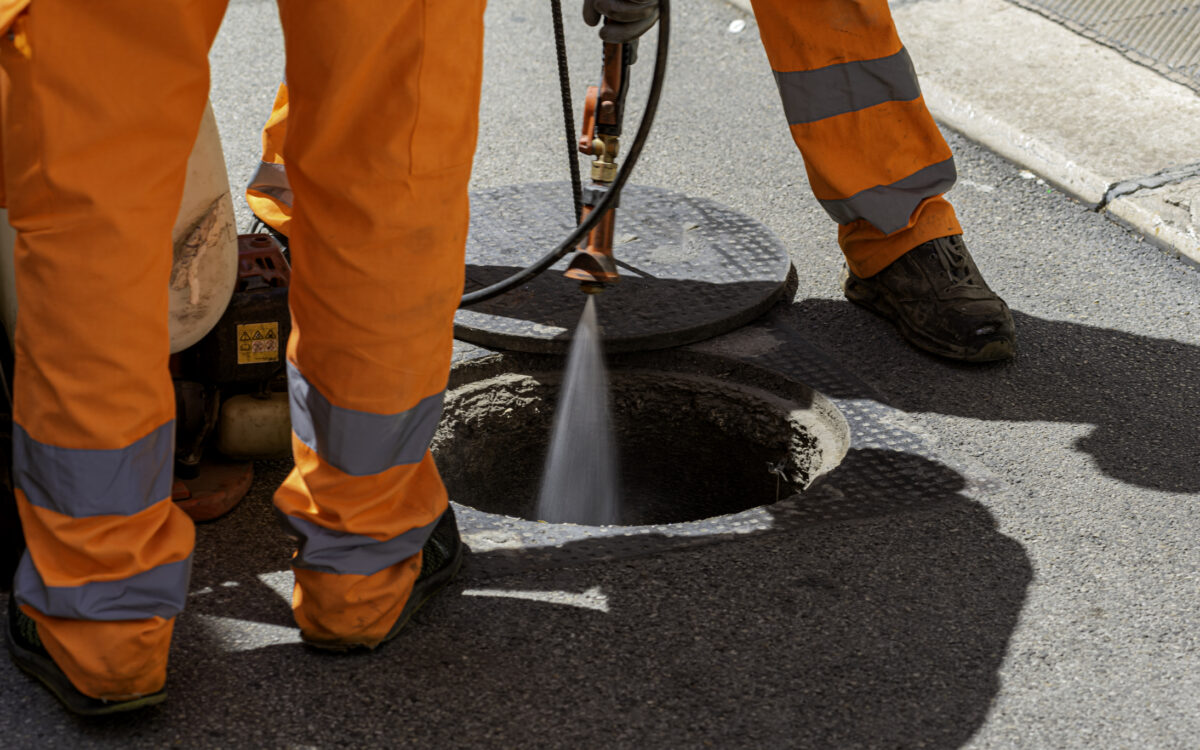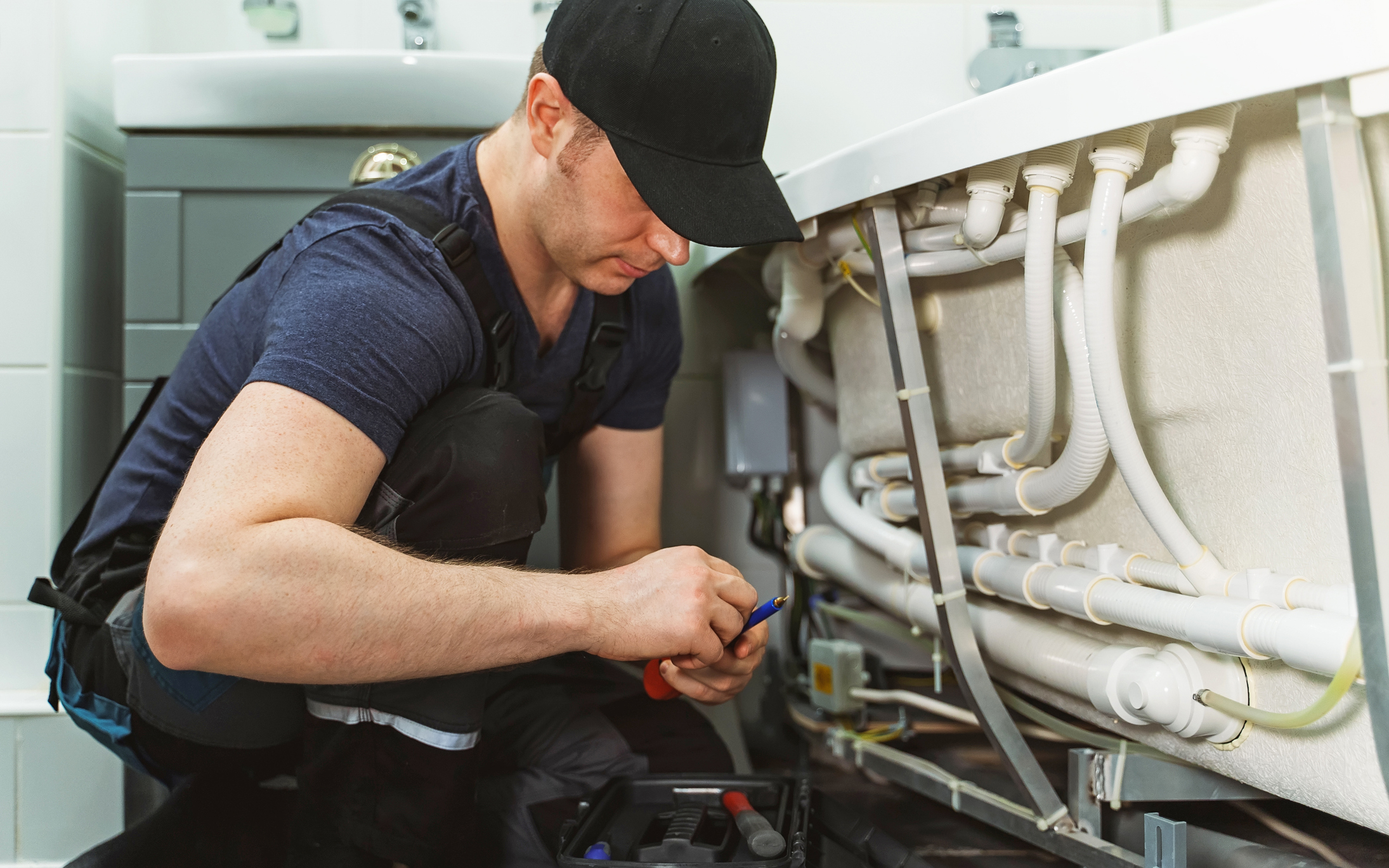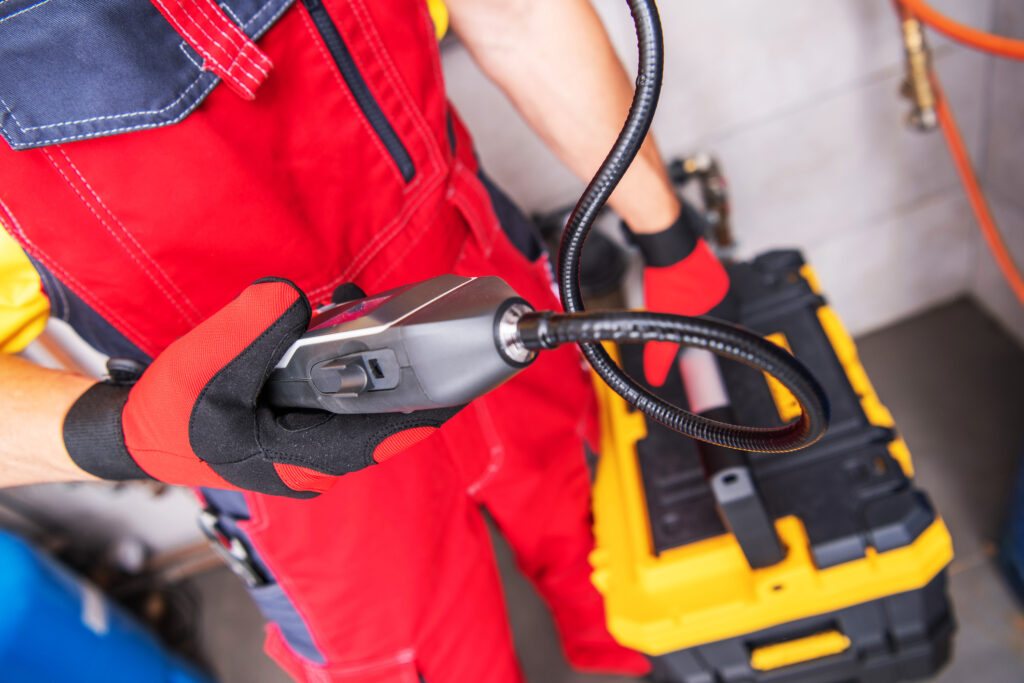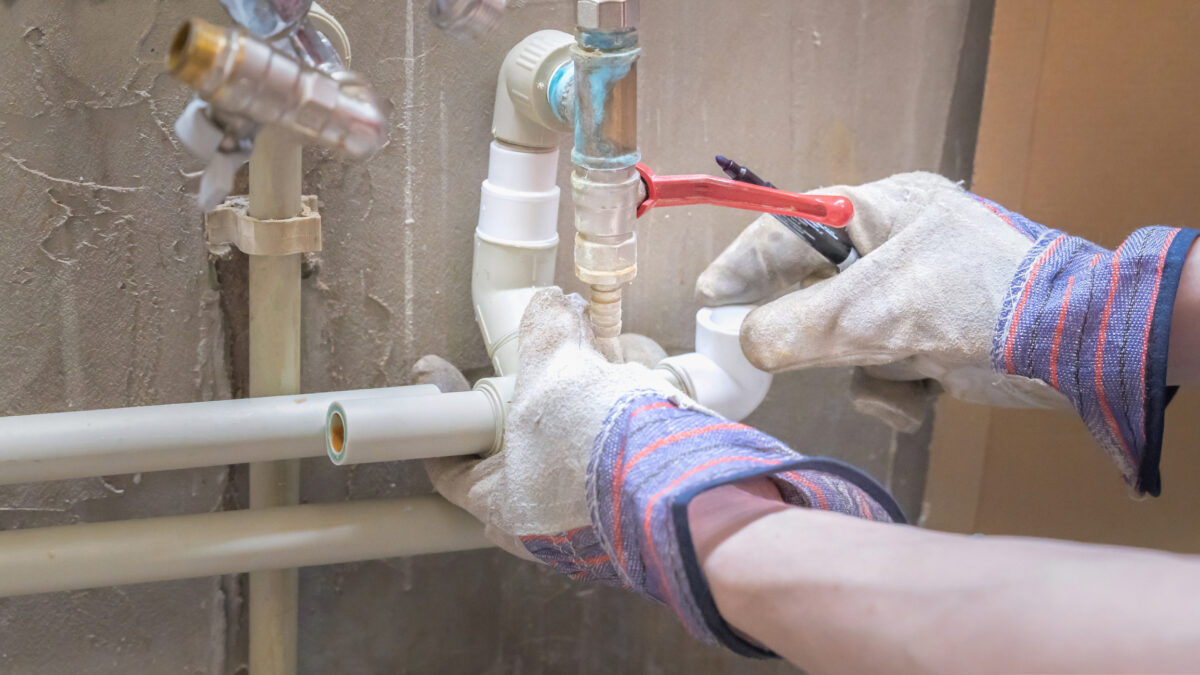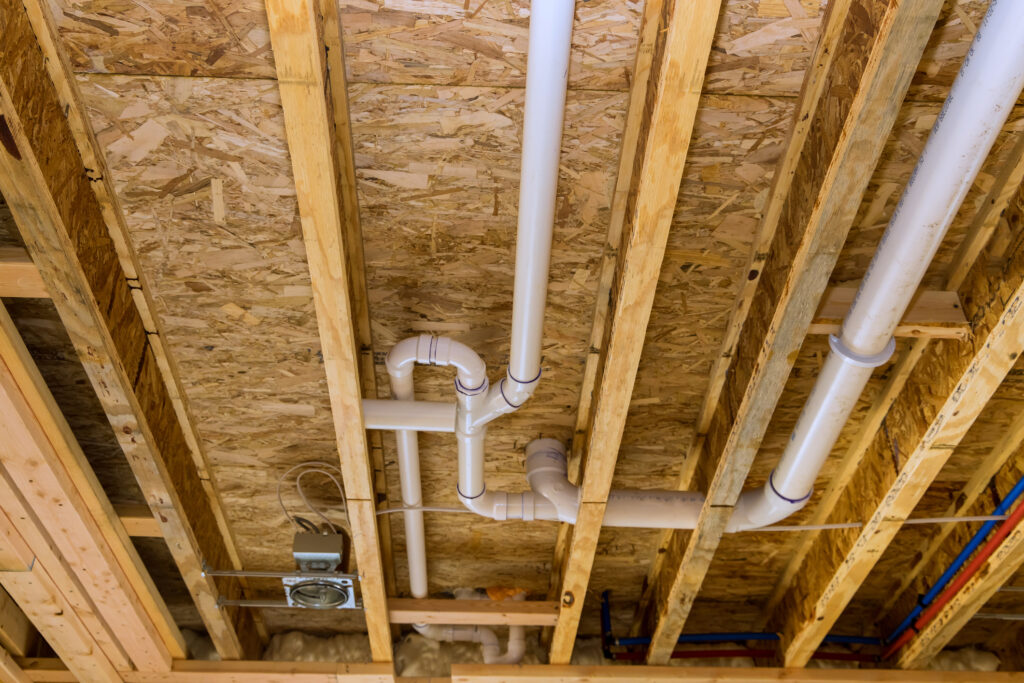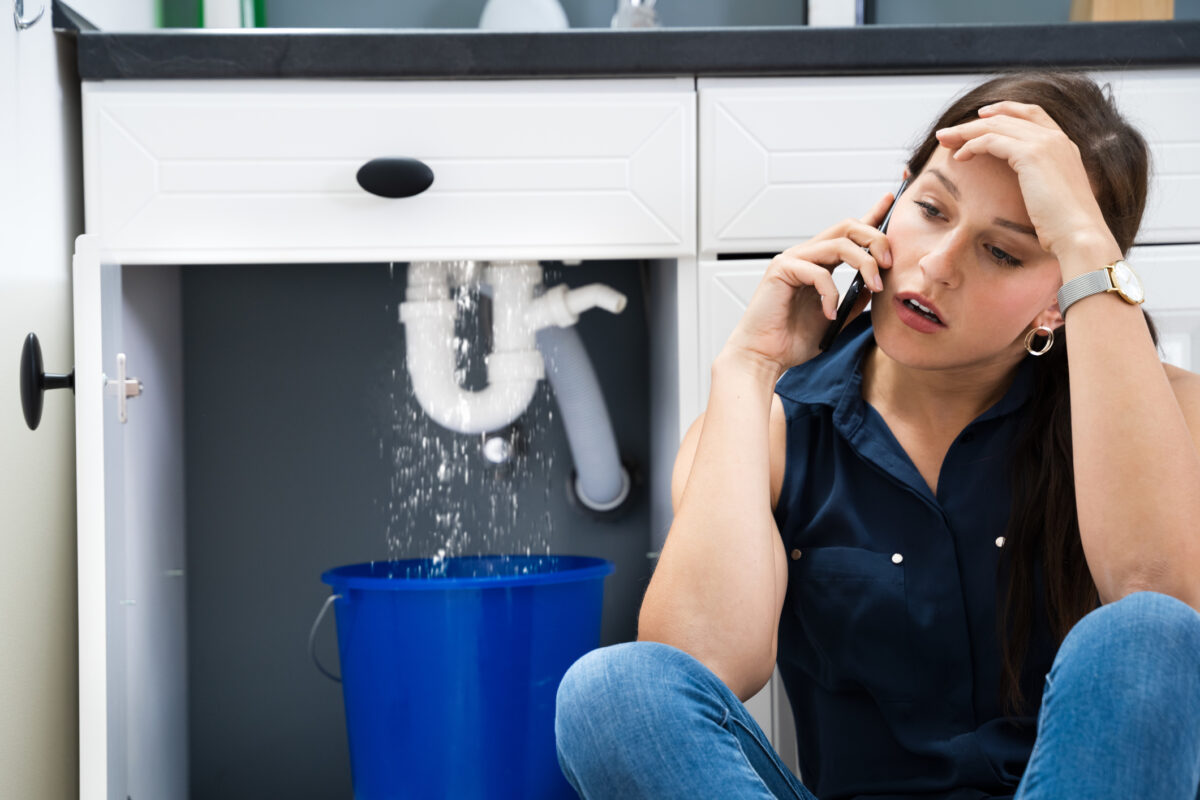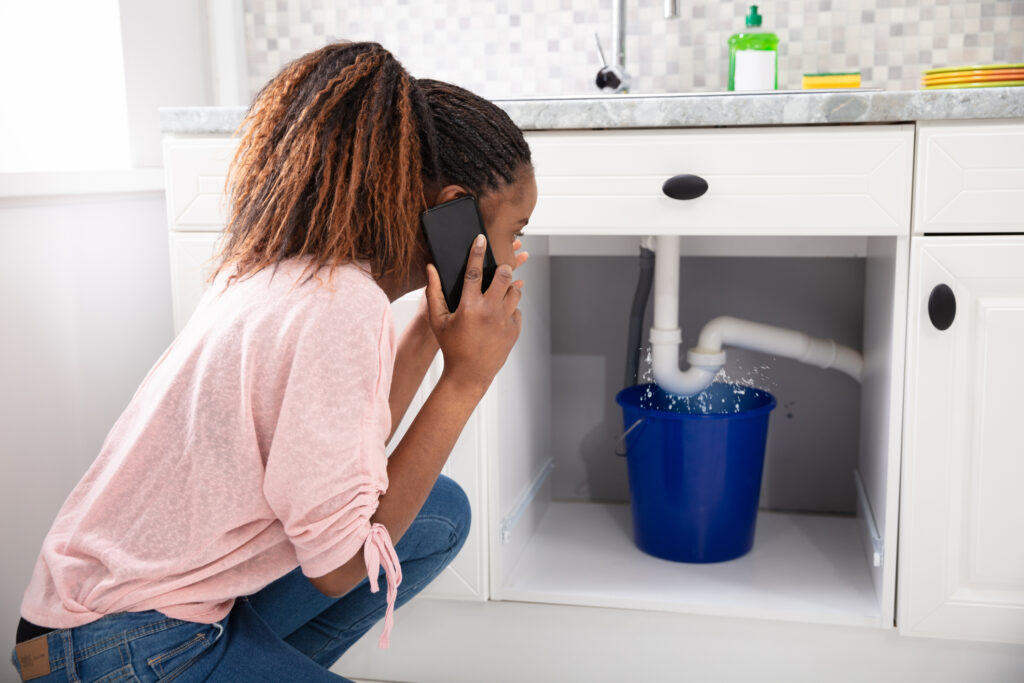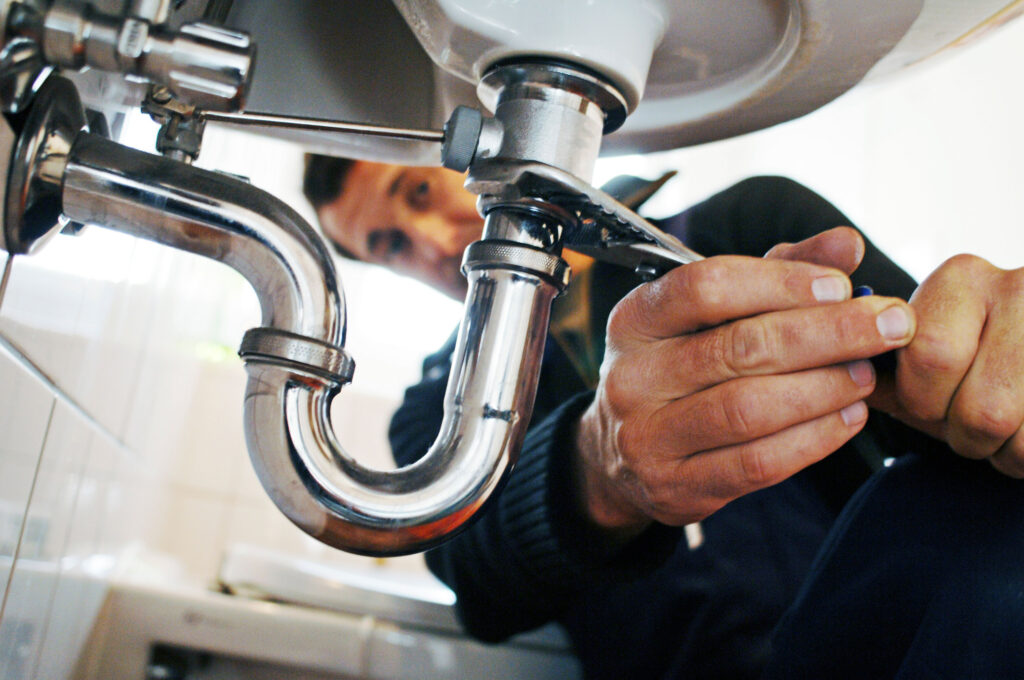Optimal Sewer Line Maintenance Tips
Sewer Line Maintenance is an often-overlooked aspect of home care that residents of Montgomery, OH, should prioritize as they gear up for the vibrant spring season. With the thawing ground and increased rainfall, springtime can exacerbate existing issues in your plumbing system. Ensuring your sewer lines are in top condition not only prevents inconvenient disruptions but also safeguards your home’s overall health and hygiene. This introduction will guide you through essential sewer line maintenance tips to keep your system flowing smoothly.
Understanding the importance of sewer line maintenance is the first step towards preventing costly repairs and unpleasant surprises. In areas like Hyde Park, OH, where older homes might be prevalent, the risk of sewer line complications can increase. Regular maintenance can help identify potential problems before they escalate, saving homeowners significant stress and expense. This guide aims to equip you with practical knowledge and tips to effectively maintain your sewer lines.
Springtime in Montgomery brings with it unique challenges for sewer systems, including tree root intrusions and debris blockages. These issues, if not addressed timely, can lead to severe blockages and even sewage backups. By following a few key maintenance strategies, you can ensure that your sewer lines remain clear and functional throughout the season. This proactive approach not only enhances the longevity of your plumbing but also ensures a cleaner and more pleasant living environment.
As we delve deeper into the topic of sewer line maintenance, remember that the goal is to keep your system efficient and problem-free. The upcoming sections will provide detailed advice on how to achieve this, from recognizing early warning signs to choosing the right professionals for inspections and repairs. Stay tuned to learn how to protect your home from common sewer-related issues this spring, ensuring peace of mind and a focus on enjoying the warmer weather.
Understanding the Basics of Sewer Line Maintenance
Understanding the basics of sewer line maintenance is essential for residents in Montgomery, OH, especially as the spring season approaches. This period often brings additional stress to plumbing systems due to increased rainfall and growing tree roots. By grasping the fundamental aspects of maintaining your sewer lines, you can prevent the common issues that many homeowners face. It’s not just about responding to problems but actively preventing them to ensure your home remains safe and comfortable.
Firstly, regular inspections are a cornerstone of effective sewer line maintenance. These inspections help identify potential problems such as cracks, blockages, or intrusions by tree roots, particularly in areas like Hyde Park, OH, where older sewer systems are common. A professional can use cameras to inspect the pipes and assess their condition without any need for disruptive digging. This proactive step is vital in avoiding emergencies that could lead to costly repairs or severe water damage.
Another crucial aspect is understanding the signs of sewer line problems. Homeowners should be alert to indicators such as unusual odors, slow drains, and gurgling sounds from the plumbing fixtures. These signs often precede more severe issues like backups or overflows, which can be particularly problematic during the rainy season. Recognizing these early warnings allows for quicker responses, potentially saving a lot of time and money in maintenance.
Lastly, engaging with a reputable plumbing service for regular cleanings and maintenance checks can make a significant difference. These professionals can not only fix existing issues but also provide advice on how to maintain your sewer lines effectively. For instance, they might recommend certain products or habits that help minimize the risk of blockages or damage. Building a relationship with a trusted plumber ensures that you have expert advice readily available, keeping your home’s sewer system in optimal condition.

Photo from iStock – Credit: Vladimir Zapletin
Common Springtime Issues with Sewer Lines in Montgomery
Springtime in Montgomery, OH, introduces several common issues that can affect sewer lines, necessitating vigilant sewer line maintenance. One prevalent problem is the intrusion of tree roots into sewer pipes. As trees begin to grow more rapidly in the spring, their roots seek out water sources, often infiltrating sewer lines through tiny cracks. This can lead to blockages or even significant damage if not addressed promptly. Regular inspections can help detect such vulnerabilities early, preventing costly repairs down the line.
Another issue that often arises during this season is the clogging of sewer lines due to debris. Spring rains can wash various materials into the sewers, including leaves, twigs, and sediment. Over time, these can accumulate and obstruct the flow of wastewater, leading to backups and potential flooding. Homeowners in Hyde Park, OH, and surrounding areas should ensure that their sewer systems are cleared of such debris before the rainy season intensifies. This proactive approach is a key aspect of effective sewer line maintenance.
Additionally, the increased rainfall in spring can overwhelm sewer systems that are not adequately maintained. This can result in overflows or the discharge of untreated sewage, which poses serious health risks and environmental concerns. It’s crucial for residents to monitor their sewer system’s performance during heavy rains to identify any capacity or drainage issues. Upgrading or repairing any outdated or damaged components can significantly enhance the system’s resilience against such seasonal challenges.
To mitigate these common springtime issues, engaging with professional sewer line maintenance services is highly advisable. These experts can provide comprehensive care, from performing detailed inspections using advanced technology to carrying out necessary repairs or enhancements. Their expertise ensures that your sewer lines are well-prepared to handle the specific challenges posed by the spring season in Montgomery. By taking these steps, homeowners can enjoy a worry-free spring, knowing their sewer systems are functioning optimally.
Preventive Sewer Line Maintenance Techniques
Preventive sewer line maintenance techniques are essential for residents of Montgomery, OH, to adopt, particularly with the challenges posed by the spring season. By implementing preventive measures, homeowners can significantly reduce the likelihood of encountering severe plumbing issues. One effective technique is the routine flushing of sewer lines to clear out any potential blockages before they become problematic. This simple maintenance task can keep your system running smoothly and prevent the accumulation of debris that leads to clogs.
In addition to regular flushing, using water softeners can be a beneficial preventive strategy, especially in areas like Hyde Park, OH, where hard water might be an issue. Hard water can contribute to the buildup of minerals in your pipes, which can eventually lead to blockages or even pipe damage. Installing a water softener can help minimize this risk, ensuring that your sewer lines remain clear of mineral deposits and other obstructions that could compromise their efficiency.
Another valuable preventive measure is the installation of backwater valves. These devices can be particularly useful in preventing sewage backups during heavy rainfalls, a common issue during Montgomery’s springtime. Backwater valves are designed to close automatically if sewage attempts to back up into your home, thereby providing an additional layer of protection against potential overflows and the associated health hazards.
Lastly, engaging in regular professional inspections is crucial for maintaining the health of your sewer lines. These inspections, conducted by skilled professionals, can help detect early signs of damage or intrusion by roots that might not be visible to the untrained eye. By identifying and addressing these issues early, residents of Montgomery and Hyde Park can ensure their sewer systems are well-prepared to handle the demands of the spring season, keeping their homes safe and their plumbing in optimal working condition.
How to Identify Early Signs of Sewer Line Problems
Identifying the early signs of sewer line problems is crucial for homeowners in Montgomery, OH, to prevent extensive damage and costly repairs. One of the first indicators can be unusual noises from your drains or toilets, such as bubbling or gurgling sounds. These sounds often suggest that air is trapped within your sewer lines due to a blockage or disruption in the flow. Paying attention to these auditory cues can help you address issues before they escalate.
Another telltale sign is the presence of unpleasant odors emanating from your drains. If you notice persistent sewer smells in your home, it could indicate that sewer gases are escaping through a crack or a loose fitting in the pipes. This is not only unpleasant but also poses health risks, making prompt sewer line maintenance essential. Residents of Hyde Park, OH, should be particularly vigilant as older sewer systems might be more prone to such issues.
Slow draining sinks and bathtubs are also common symptoms of potential sewer line troubles. If you observe that water pools and drains more slowly than usual, it could be due to obstructions in your sewer lines. Such blockages can accumulate over time, especially in spring when additional debris might enter the system. Addressing these blockages quickly can prevent more severe backups and overflows.
Lastly, increased or unexpected patches of green grass in your yard can be a subtle sign of a sewer line leak. Excess moisture from a leaking sewer line can fertilize patches of your lawn, making them look greener and lusher than the surrounding areas. If you spot these signs in your yard, it might be time to call in a professional for a thorough inspection and necessary sewer line maintenance. By recognizing these early warnings, homeowners can maintain the efficiency and integrity of their sewer systems.
When to Call a Professional for Sewer Line Maintenance
While DIY tips are beneficial for regular upkeep, certain situations require the expertise of a professional in sewer line maintenance. Recognizing when to call in the experts can save Montgomery, OH, residents from potential severe damage and high repair costs. It’s important to understand that some issues are too complex for untrained handling and necessitate professional intervention to ensure proper resolution and maintenance of your system’s integrity.
One clear indicator that professional help is needed is when you experience recurrent blockages or backups despite regular cleaning and maintenance. If your efforts to clear a blockage fail repeatedly, it could signify a deeper, more serious problem within the sewer lines, such as tree root intrusion or severe pipe damage. Professionals have the tools and expertise to diagnose and resolve such issues effectively, preventing further damage to your plumbing system.
Another scenario where it is crucial to involve a professional is when there is visible structural damage to your sewer lines. Signs such as cracks, holes, or any visible deformities in the piping can often be spotted during routine checks. Residents of Hyde Park, OH, should be particularly vigilant, as older sewer systems might be more susceptible to such damage. These structural issues can compromise the entire sewer system’s functionality and require immediate professional attention.
Finally, if there is a noticeable decrease in the efficiency of your sewer system, such as slower drainage across multiple fixtures or bad odors persisting even after cleaning, it’s time to call a professional. These symptoms could indicate a more complex issue within your sewer system that simple DIY methods cannot address. A licensed plumber can offer comprehensive assessments and tailored solutions, ensuring your sewer lines are properly maintained and function optimally. By recognizing these critical signs and acting promptly, homeowners can maintain the health and efficiency of their sewer systems.
The Impact of Weather on Sewer Line Health
Weather conditions in Montgomery, OH, play a significant role in the health of sewer lines, making sewer line maintenance a critical task for homeowners. As the seasons change, varying weather patterns can significantly impact the functionality and integrity of these essential systems. For instance, heavy rainfall typical of spring can overwhelm sewer lines, leading to potential backups and overflows. Understanding how different weather conditions affect your sewer lines is key to maintaining their optimal performance throughout the year.
During the colder months, freezing temperatures can cause the ground to shift, leading to possible pipe misalignments or breaks. This is particularly concerning in areas like Hyde Park, OH, where older sewer systems might be more vulnerable to such shifts. Preventative sewer line maintenance during these times includes ensuring that your system is free from blockages that could freeze and cause pipes to burst. Regular inspections and maintenance become even more crucial as temperatures drop.
Conversely, the hot summer months can lead to other issues, such as increased usage of water which puts additional pressure on sewer lines. This can exacerbate existing weaknesses in the system, leading to leaks or ruptures. Moreover, dry soil during a drought can cause soil to pull away from your pipes, potentially leading to misalignment and damage. Homeowners should consider these seasonal factors and seek professional sewer line maintenance to address and prevent such issues.
By being aware of how weather impacts sewer line health, residents of Montgomery and Hyde Park can take proactive steps towards maintaining their systems. Regularly scheduled maintenance checks, especially before the onset of extreme weather, can help identify potential problems early. This proactive approach not only extends the life of your sewer lines but also ensures the safety and comfort of your home environment, regardless of the weather outside.
Long-term Care Strategies for Sewer Line Maintenance
Long-term care strategies for sewer line maintenance are essential for homeowners in Montgomery, OH, to ensure the longevity and efficiency of their plumbing systems. By adopting a forward-thinking approach to maintenance, you can prevent many common issues that lead to costly repairs. Regular and thorough sewer line maintenance is not just about fixing problems as they arise but also about preventing them from occurring in the first place. This strategic approach helps maintain the structural integrity of your sewer lines over the years.
One effective long-term strategy is to schedule annual or bi-annual inspections with a trusted professional. These inspections should involve a comprehensive check-up of your sewer lines, including the use of camera inspections to visually assess the condition of pipes. This technology allows for the detection of potential issues such as minor cracks or blockages before they escalate into major problems. In Hyde Park, OH, where older sewer systems are common, such regular assessments are particularly crucial.
Incorporating tree root management into your sewer line maintenance plan is another proactive measure. Tree roots are attracted to the moisture in sewer lines and can cause significant damage if they infiltrate the pipes. Methods such as root cutting and the use of root barriers can be effective in mitigating this risk. Additionally, discussing with a landscaping expert about the placement of new trees or the management of existing ones can prevent future root intrusions.
Finally, upgrading outdated components of your sewer system can play a critical role in its long-term maintenance. Older pipes made from clay or other porous materials are more susceptible to breaks and leaks. Replacing them with newer, more durable materials like PVC can drastically reduce the likelihood of future problems. This not only enhances the functionality of your sewer system but also increases the overall value of your property. By implementing these long-term care strategies, residents of Montgomery and Hyde Park can enjoy a more reliable and efficient sewer system.

Photo from iStock – Credit: artefacti
Frequently Asked Questions
What are the best practices for sewer line maintenance?
Regular sewer line maintenance is crucial for preventing blockages and ensuring efficient wastewater flow. Firstly, it’s advisable to have a professional inspection annually, especially before Montgomery’s rainy seasons, to identify potential issues early. Flushing your lines with high-pressure water, a method known as hydro jetting, can effectively clear out debris and buildup. Additionally, avoid disposing of grease, coffee grounds, and non-biodegradable items in your drains, as these can significantly contribute to blockages and require frequent sewer line maintenance.
How often should sewer lines be inspected?
Sewer lines should be inspected at least once a year to ensure they are free from obstructions and damage. This annual check-up is particularly important in Montgomery, where seasonal changes can affect sewer line performance. For homes with higher usage or older sewer systems, more frequent inspections may be necessary. Regular sewer line maintenance, including these inspections, helps prevent costly repairs and maintains system efficiency.
What are the signs of a failing sewer line?
Signs of a failing sewer line can be quite noticeable and should prompt immediate sewer line maintenance. Homeowners may observe frequent backups or slow drains, which indicate obstructions or damage within the sewer system. Unpleasant odors emanating from drains or the yard are also common indicators of a compromised sewer line. Additionally, unusual soggy patches in the yard or visible sewage can signify a severe problem, necessitating professional assessment and repair.
How does regular sewer line maintenance prevent backups?
Regular sewer line maintenance plays a crucial role in preventing backups by keeping the system clear of obstructions. By routinely cleaning and inspecting the sewer lines, potential blockages from accumulated debris, tree roots, or other obstructions are removed before they can cause issues. This proactive approach ensures that wastewater flows smoothly and efficiently, reducing the risk of unexpected backups that can lead to costly repairs. Overall, consistent sewer line maintenance is key to maintaining a reliable and functional sewer system in Montgomery.
What methods are most effective for cleaning sewer lines?
Several methods stand out for effective sewer line maintenance, each tailored to different types of clogs and system conditions. Hydro jetting is highly recommended, using high-pressure water to break up stubborn blockages and flush out debris, ensuring a thorough clean. Mechanical rodding, another effective technique, involves using a motorized tool to physically remove obstructions, ideal for severe or solid blockages. Regularly employing these methods as part of your sewer line maintenance can significantly reduce the likelihood of future issues. Additionally, video inspections are beneficial for identifying hidden problems within the sewer lines, allowing for targeted cleaning and maintenance.
